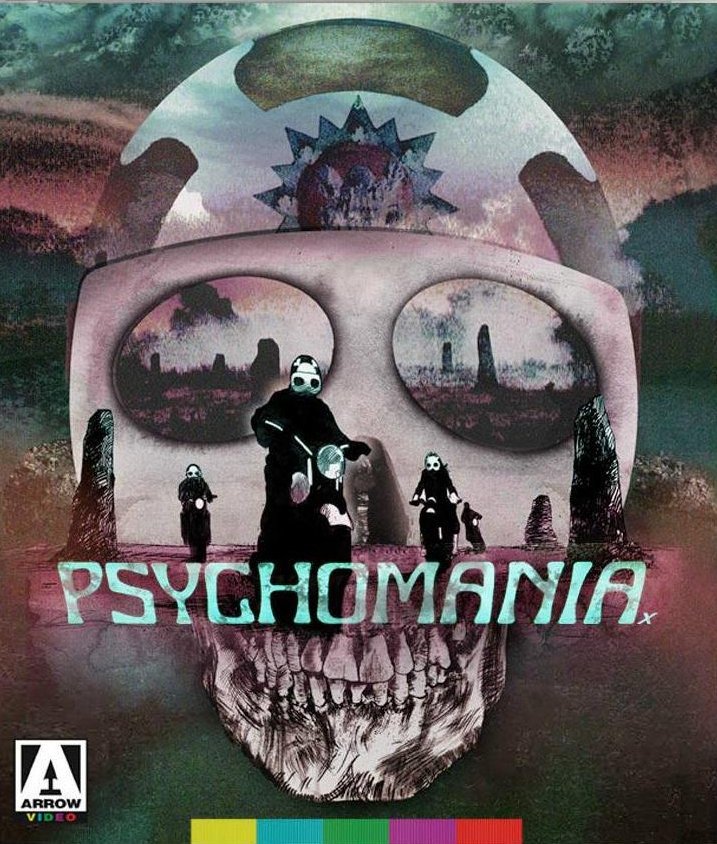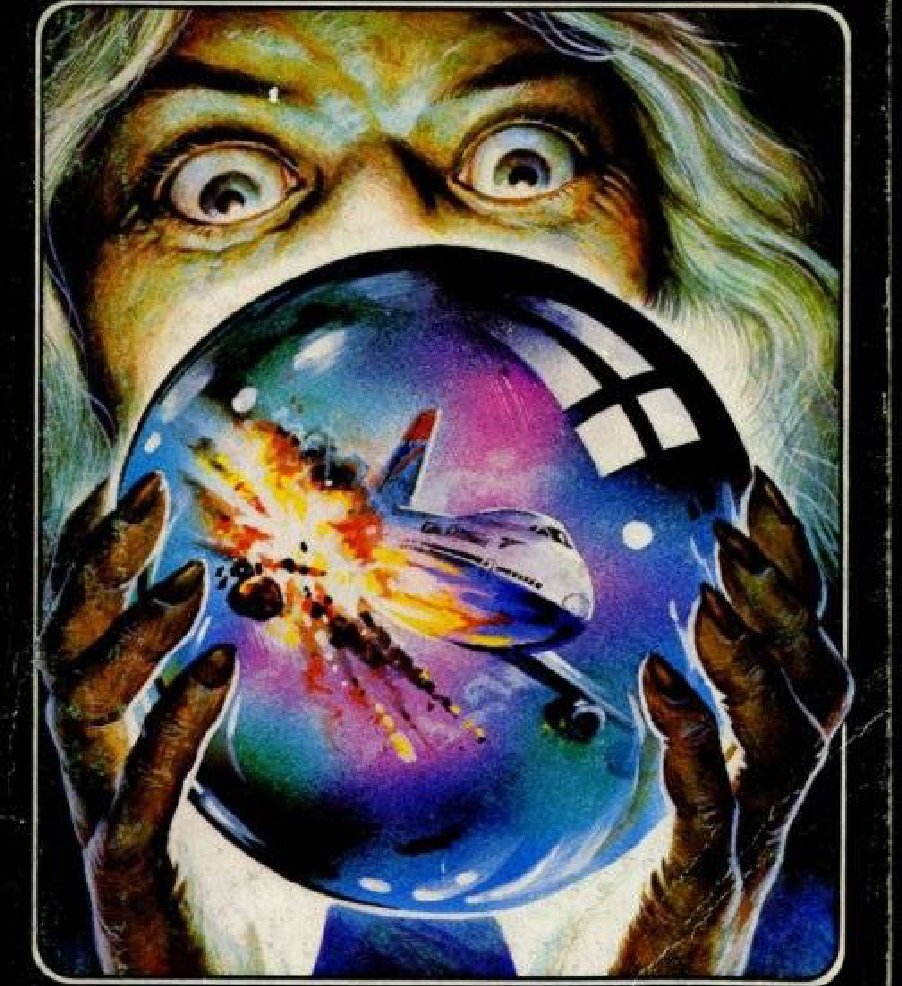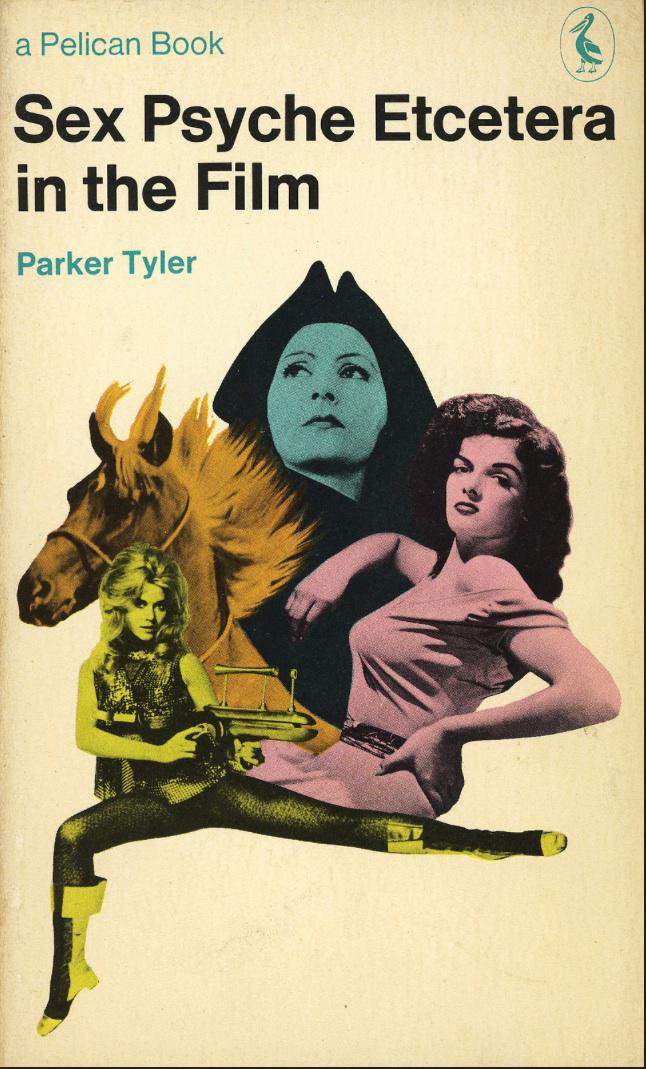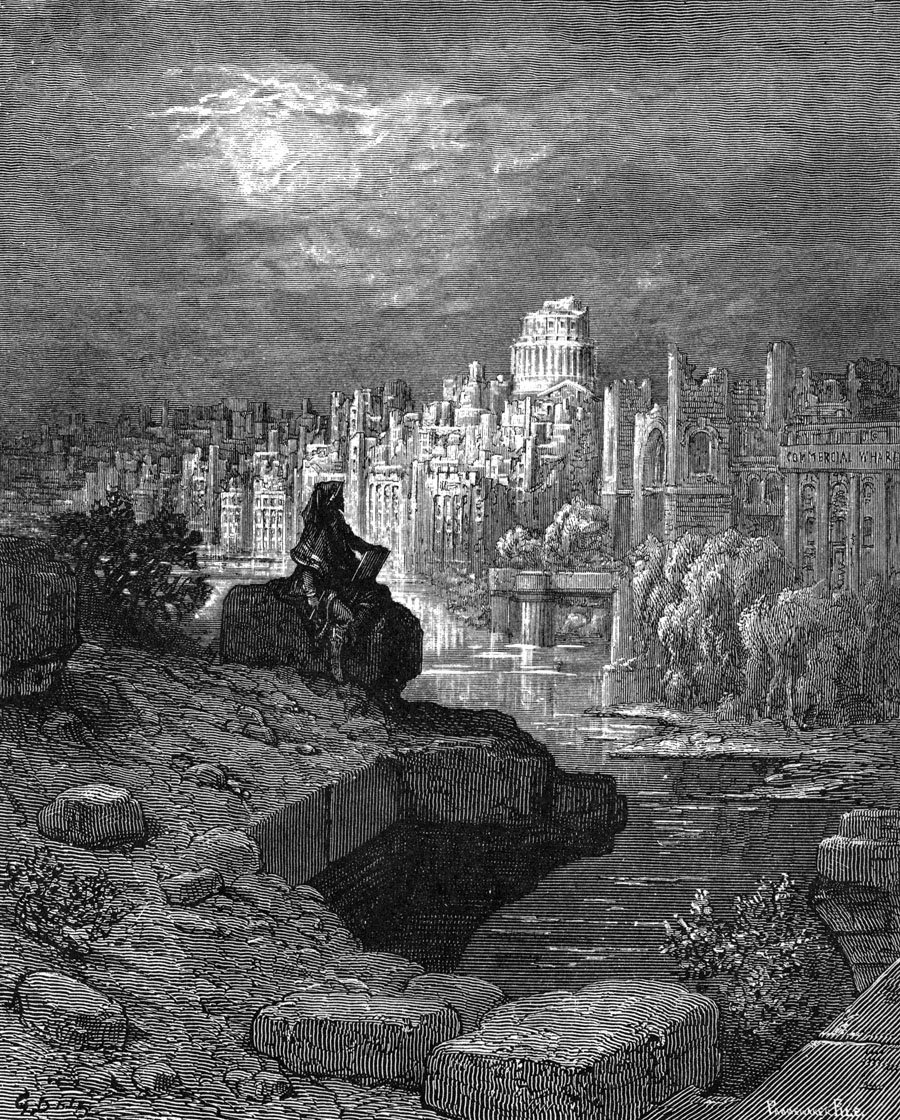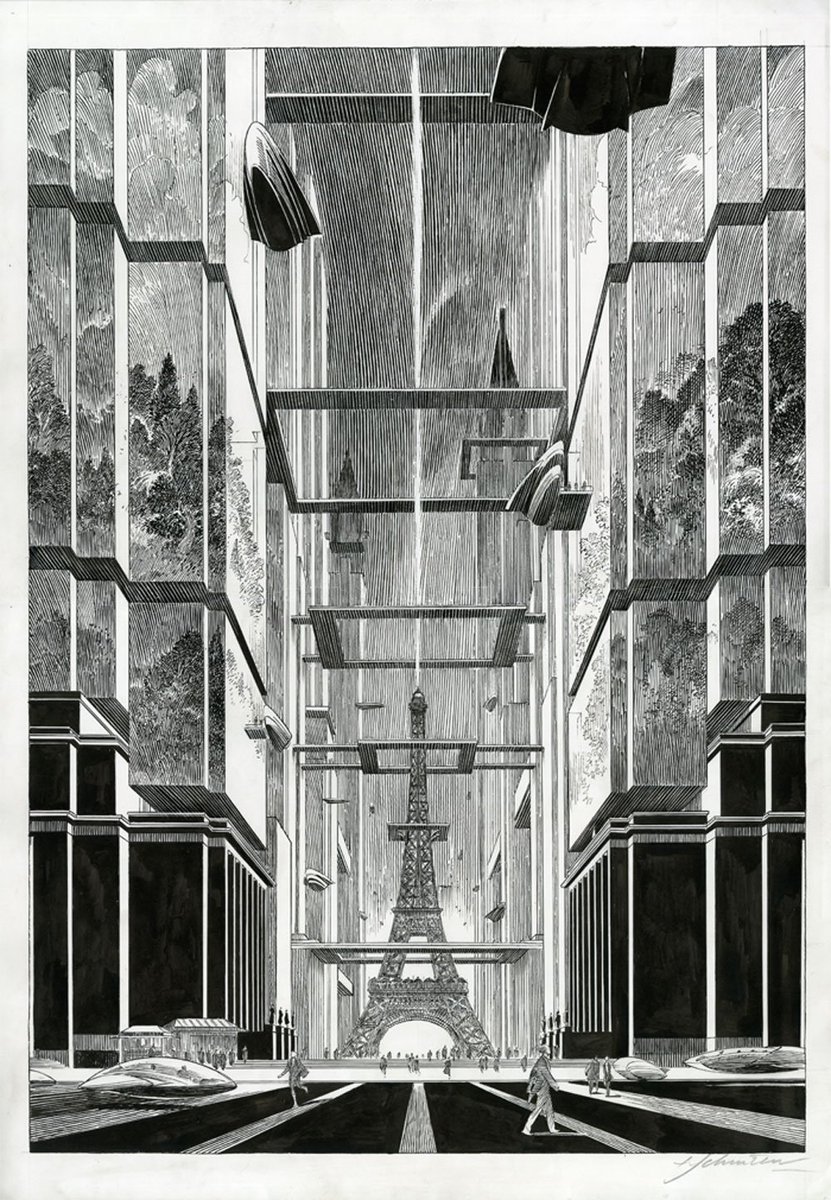As it's #WorldPhotographyDay let's look back at the pioneering work of Albert Witzel, portrait photographer to the Hollywood stars of the silent age... 

Albert Witzel was born in Deadwood in 1879. In 1886 he started work in George Stekel’s California photography studio.
Photo: Mary Miles Minter
Photo: Mary Miles Minter

Learning his craft from Steckel, Albert Witzel went on to open his own portrait photography studio in 1902 in Los Angeles.
Photo: Theda Bara
Photo: Theda Bara

Witzel first made a name for himself producing publicity stills for actors based in California, a lucrative market in the early 1900s.
Photo: Nora Kerin
Photo: Nora Kerin

However in 1913 Witzel began to specialise in publicity photos for the early Hollywood studios. His fame soon spread as actors and publicists battled to secure good #PR in the press and movie magazines.
Photo: Lottie Pickford
Photo: Lottie Pickford
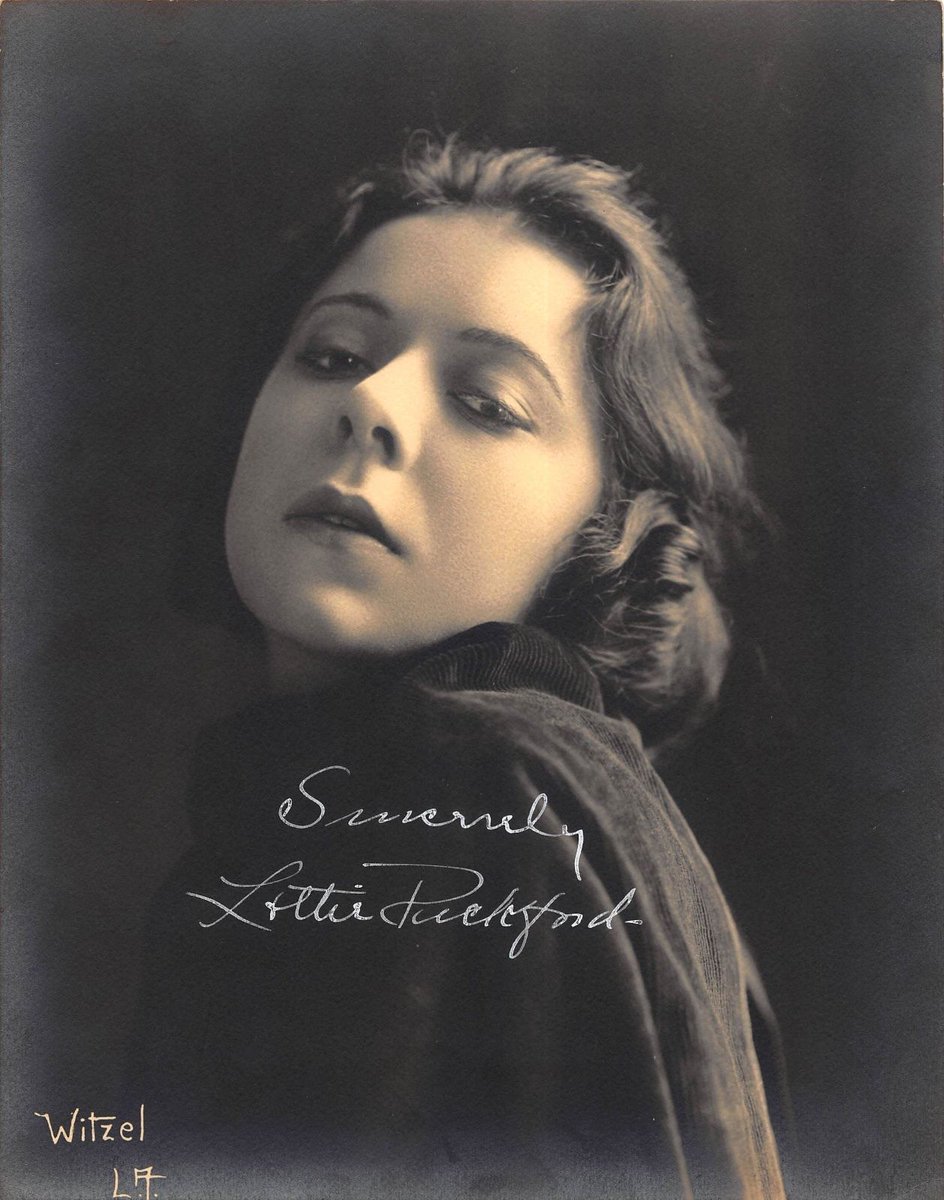
The quality of Albert Witzel's work is astounding: excellent lighting, composition and shot selection with the highest quality cameras and plates available at the time. It's no surprise that Hollywood flocked to his doorstep!
Photo: Bessie Love
Photo: Bessie Love

The Albert Witzel studios continued long after their founders death in 1929, and long after the silent movie era ended. However it's the early work of Witzel that I particularly love.
Photo: Marguerite De La Motte
Photo: Marguerite De La Motte

Historian David Shields has published a biography of Albert Witzel if you want to learn more: historicalzg.piwigo.com/index?/categor…
Enjoy #WorldPhotographyDay everyone!
Enjoy #WorldPhotographyDay everyone!

• • •
Missing some Tweet in this thread? You can try to
force a refresh



